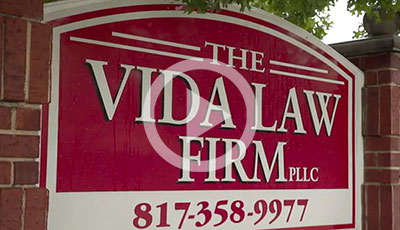Bankruptcy Newsletters
Alimony and Support Claims
Filing for bankruptcy does not suspend or stop the obligation to pay child support or alimony. Whether an obligation imposed by a divorce decree is dischargeable depends on whether it is characterized as support or as a property settlement. In many instances, obligations for property settlement can be discharged in bankruptcy, while obligations for child support and alimony cannot be discharged in bankruptcy. Bankruptcy law, not state law, determines whether an obligation is a support obligation or a property settlement obligation.
Bankruptcy Crimes
Bankruptcy crimes exist to protect the goals of civil bankruptcy, which is a fresh start for consumers, the reorganization of businesses, and the equitable distribution of a debtor’s assets amongst creditors. Almost every bankruptcy crime is preceded by a prior civil bankruptcy case. Consequently, courts have had to organize the coordination of several cases arising out of one bankruptcy.
Chapter 13 Eligibility
Only individuals may file for Chapter 13 bankruptcy. Corporations and partnerships may not file for Chapter 13 bankruptcy. Any individual, even if self-employed or operating an unincorporated business, is eligible for Chapter 13 relief as long as that individual has regular income greater than reasonable living expenses, has unsecured debts not exceeding a certain sum, and has secured debts not exceeding a certain sum.
Chapter 9 Eligibility
Only a “municipality” can file for relief under chapter 9. The term “municipality” is defined in the Bankruptcy Code to mean a political subdivision or public agency or instrumentality of a State. The definition is broad enough to include cities, counties, townships, school districts, and public improvement districts. It also includes revenue-producing bodies that provide services that are paid for by users rather than by general taxes, such as bridge authorities, highway authorities, and gas authorities.
Dischargeability of Debt
Discharging a debt in bankruptcy means that the debt is eliminated or wiped out. However, not all types of debts can be discharged in a bankruptcy proceeding.


